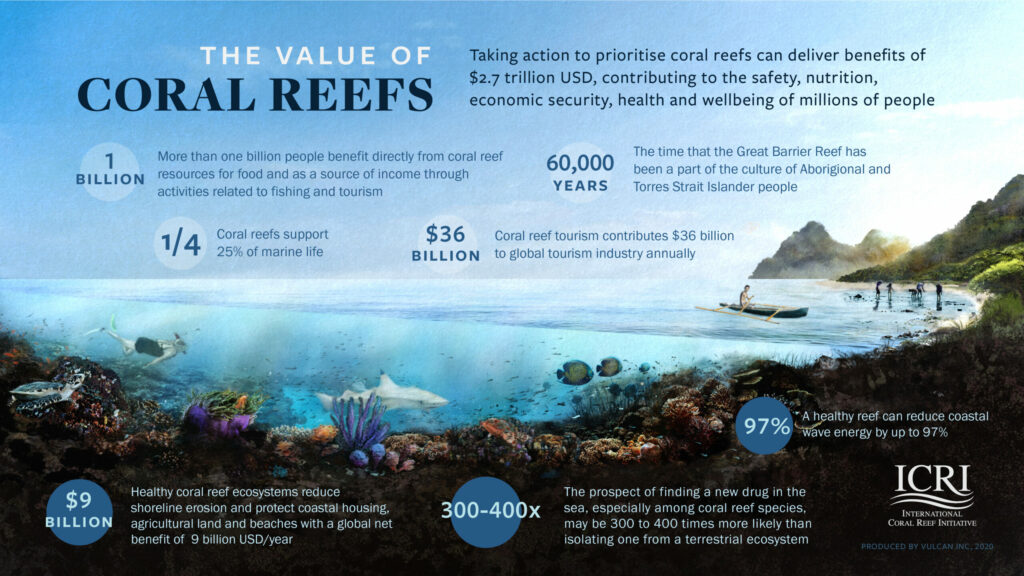The Reef-World team shares why coral reefs are so special
Did you know coral reefs take up less than one percent of the ocean floor but support a QUARTER of all marine life? As divers and dive professionals, you’ll probably be well aware that coral reefs provide food, livelihoods, economic security and cultural heritage for communities all around the world. After all, if you’re working as a dive guide, the reef is your “office” (you lucky thing!).

The sad fact is that coral reefs are under threat. We’ve already lost half of the world’s coral reefs and the remaining corals are under pressure from the effects of climate change as well as overfishing and irresponsible tourism. They need to be protected and we need to act fast.
As well as the individual actions we can all take as divers, snorkellers and travellers to minimise our negative environmental impact, it’s important that corals receive global protection. The International Coral Reef Initiative (ICRI) is currently recommending that coral reefs must be prioritised in the Convention on Biological Diversity’s (CBD) post-2020 Global Biodiversity Framework (GBF). The Recommendation asks for specific and actionable indicators that will allow countries to measure progress towards sustaining coral reefs in a way that yields significant benefits to humankind.
The Reef-World team – which coordinates the Green Fins initiative globally in partnership with the UN Environment Programme (UNEP) – is proud to be supporting ICRI’s Recommendation. We were recently chatting as a team about why coral reefs are so important to each of us and we wanted to share our thoughts with you. We even received insights from our esteemed colleague Gabriel at UNEP.
We’d love to hear why you care about protecting coral reefs – let us know your thoughts in the comments!
Why do you care about coral reefs?
Chloe Harvey, Director, The Reef-World Foundation
“Each and every one of us rely on healthy oceans in some way. Healthy coral reef ecosystems are an essential piece in this puzzle as they support 25% of all marine life on the planet. Protecting this natural beauty and global asset is imperative for the security of our own generation and for those to come.”
JJ Harvey, Director, The Reef-World Foundation
“Our planet is at a critical turning point and we need to collectively make a huge push to change our current thinking and approach to how we see and use our environment. Coral reefs are predicted to be one of the first ecosystems to collapse and could do so in a relatively short space of time. Due to their importance to billions of people and our own way of life, it is crucial that we do all that we can to turn the situation around as a priority.”

Gabriel Grimsditch, Marine Ecosystems Expert, UN Environment Programme
“Coral reefs are evolutionary marvels and the most biodiverse ecosystem in the ocean. They are also critical lifelines, food sources and protective barriers for hundreds of millions of people around the world. Losing coral reefs would mean our planet losing biological richness, losing resilience and becoming more impoverished.”
Samantha Craven, Programmes Manager, The Reef-World Foundation
“The human race is intrinsically linked with coral reefs through the vast benefits that would cost us billions to do manually and its vulnerability to our actions. Life for all our species will undoubtedly be more challenging, less secure and more unhealthy if they were to degrade beyond repair and we have the chance to avoid that fate if we act decisively and we act now.”
James Greenhalgh, Digital Strategy Manager, The Reef-World Foundation
“Visiting coral reefs is to visit life: to see the building blocks of the ocean. As a freediver, I love the diversity of colours and structures of coral reefs – a sanctuary for abundant and unique marine life – but also because corals exist in a place free from distractions that we can only visit fleetingly and in the moment. I love the simplicity of taking a single breath and spending a few minutes in a world that is so different and yet so intrinsically linked to our own.”

Juliana Corrales, Creative Consultant, The Reef-World Foundation
“I wasn’t able to meet coral reefs until my late 20s and it was definitely ‘love at first sight’. I’d never seen so many colours, shapes, textures and life all in one place underwater. The relationship started getting ‘deeper’ as I started to understand them better, as it is with all relationships! To this day, it still blows my mind that they are animals, tiny animals building huge structures that, to our eyes, look more like plants. How incredibly confusing is that? And it’s not only the reefs but all the life that they sustain from fish, sharks, crustaceans and even humans! There’s very little not to like.”
Melissa Hobson, Communications Manager, The Reef-World Foundation
“Coral reefs are, quite simply, astounding. Without reefs, we would lose many marine vital species and our entire ocean would be less healthy. As a result, the millions of people who rely on reefs for their food and livelihood would suffer. Coastlines would even be more badly affected by storms and water surges. It’s heart breaking to think this dire situation could become a reality if we don’t act now. That’s why I’m proud to be supporting ICRI’s campaign for coral reefs to be prioritised in the post-2020 Global Biodiversity Framework.”
If you agree that ICRI’s campaign is hugely important for the protection of coral reefs around the world, please join us in supporting it. For more information visit www.coralpost2020.org and add your voice to this critical global conversation by sharing your support on social media.



